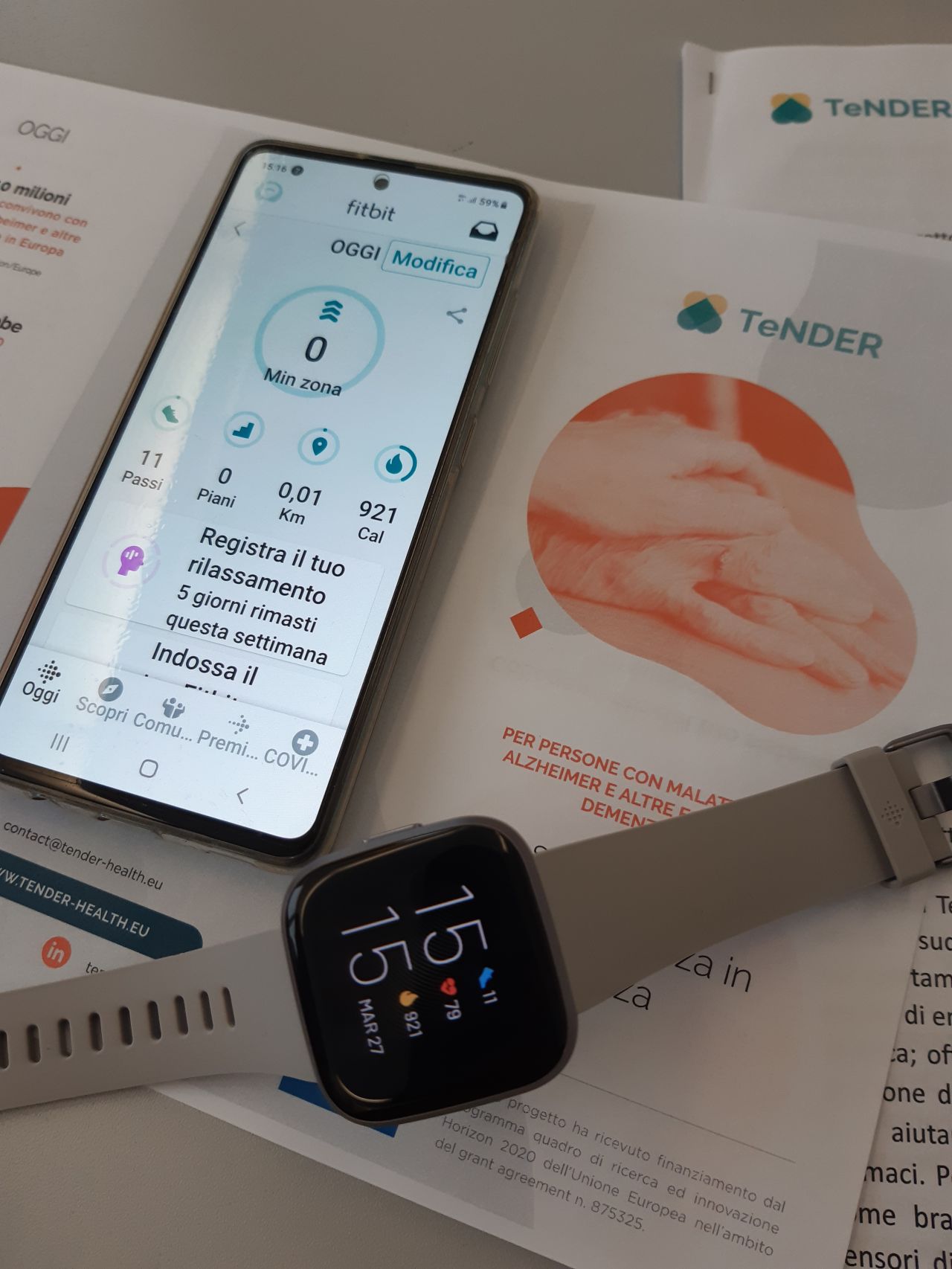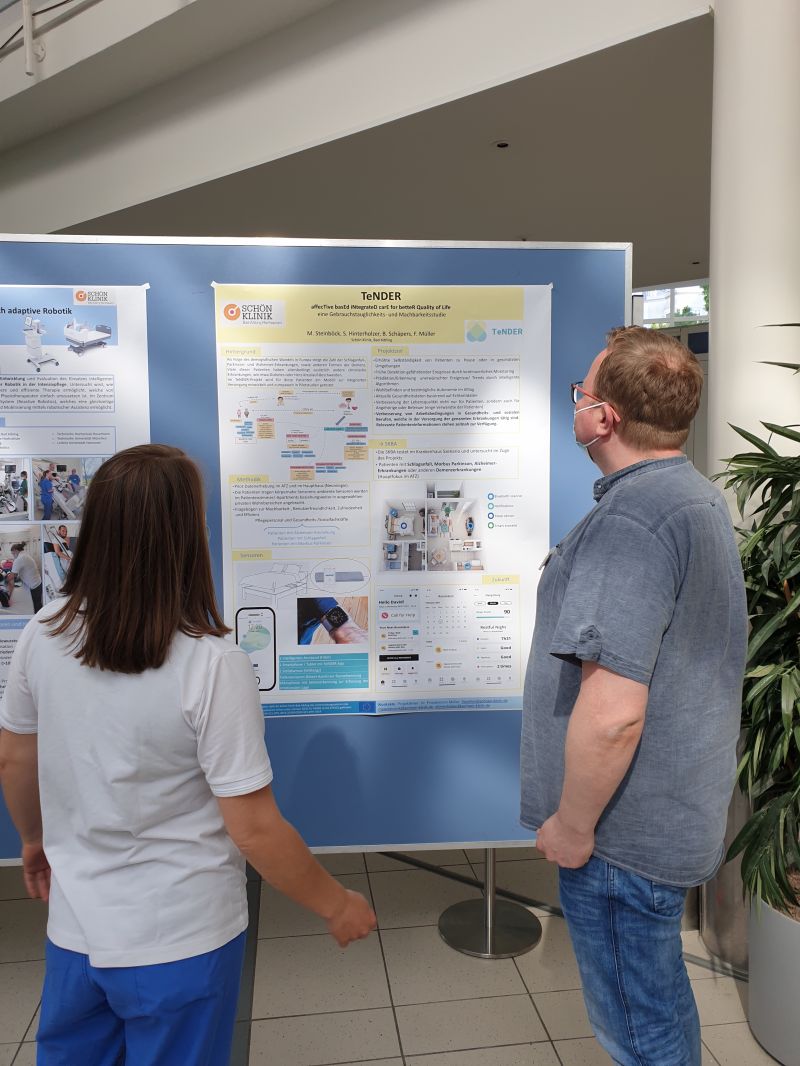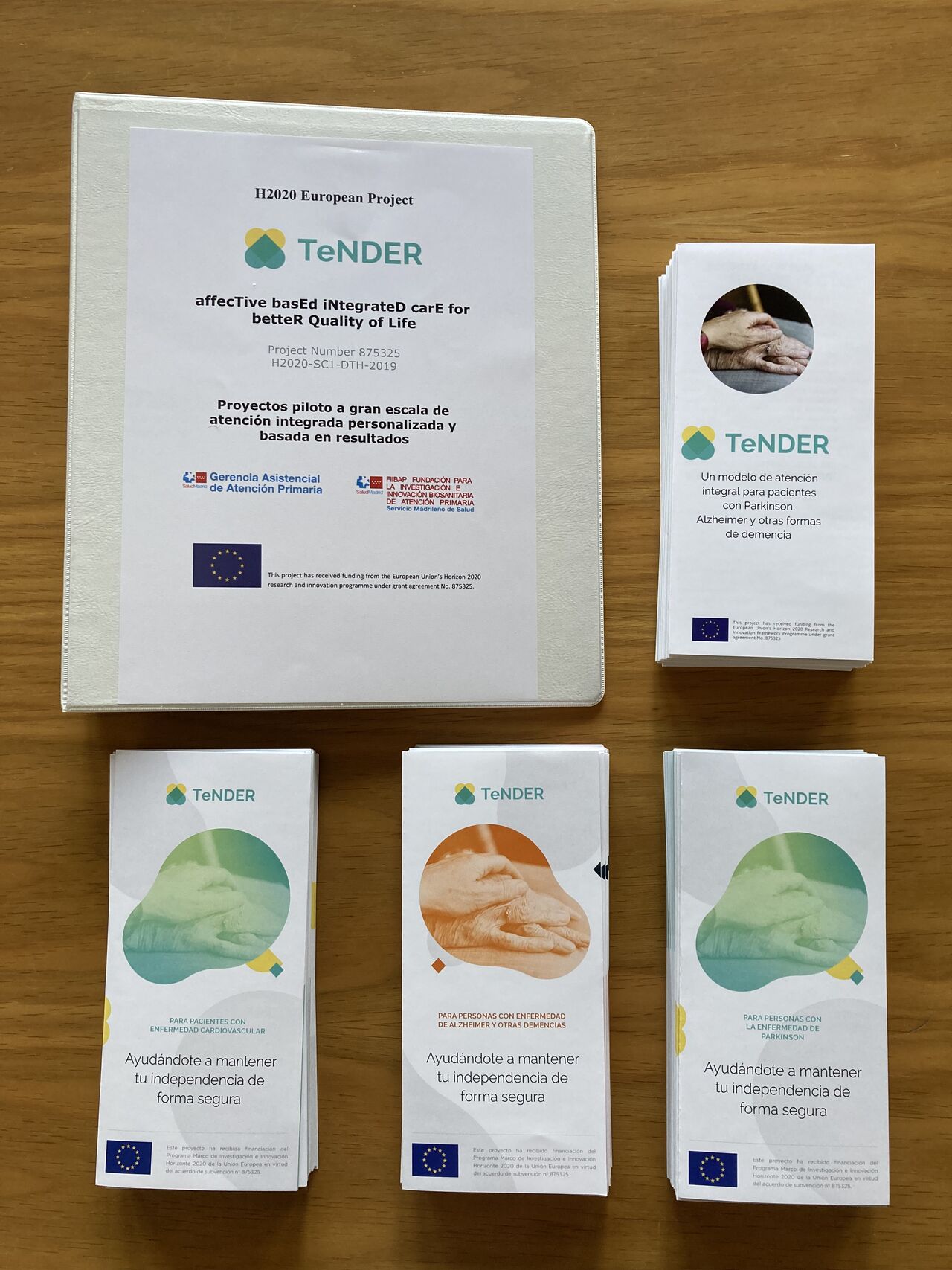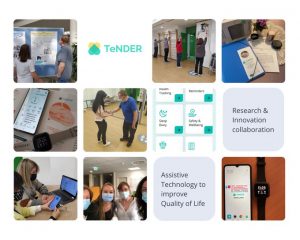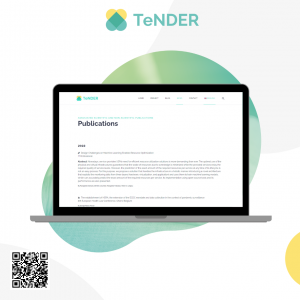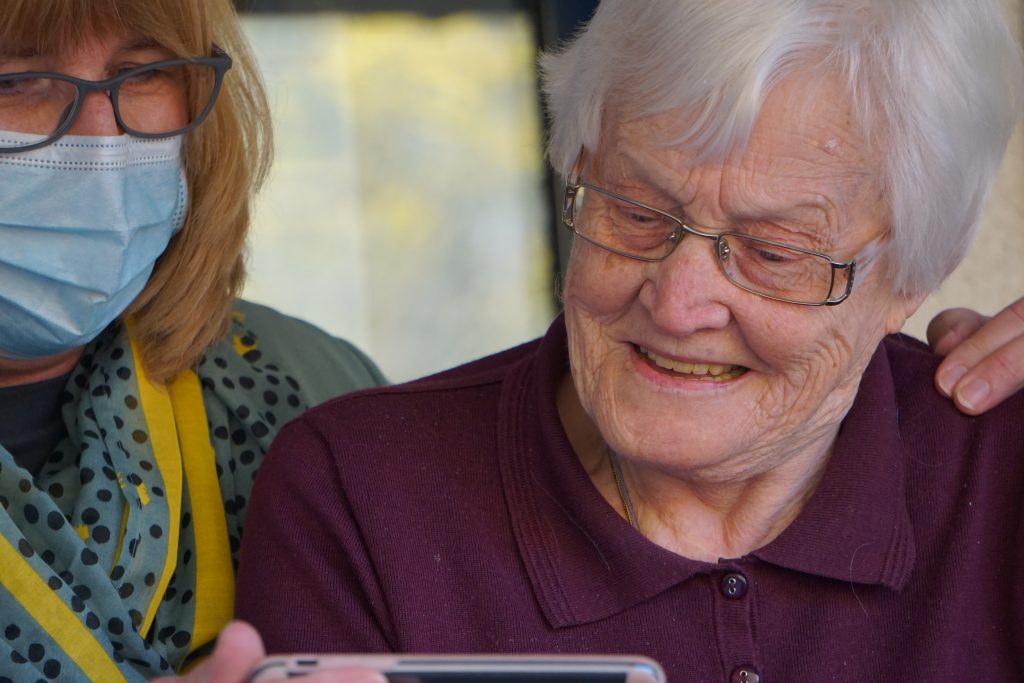
The first wave of TeNDER pilots will end soon. During the next few months, our user, technical, and research partners will consolidate the data gathered from the five different pilot sites. The results will be analysed and adjustments will be made in time for this fall (2021) when the second wave will commence. They will also consult participants to ensure that the next iteration integrates their feedback, as well as to capture improvements in quality of life.
Thanks to careful planning, user consultations, as well as the timely implementation of contingency plans to mitigate the impact of COVID-19 restrictions, partners were able to build trust in the system, ensure it is fit to address the needs of users, and conduct the pilots safely.
To date, 125 participants have been recruited across the Madrid region (Asociación Parkinson Madrid and Servicio Madrileño de Salud), Bad Aibling (Schön Klinik), Ljubljana (Spominčica – Alzheimer Slovenija), and Rome (University of Rome – Tor Vergata). Participants include patients with cardiovascular diseases (CVDs), dementia, and Parkinson’s disease (PD), as well as caregivers, and health professionals. By the end of the project, we will have reached an estimated 1,500 users. We will also have tested the full range of the TeNDER technological toolbox and the system’s services.
Our ultimate aim is to empower users, allowing patients to track and manage their health, social environment, treatment, and medical appointments for as long as they can. For those whose conditions have limited their day-to-day functions, we hope that the TeNDER system will help extend their independence, support their daily activities with necessary reminders and suggestions, and keep them safe by monitoring mental and physical health markers.
TeNDER’s assistive system is designed to provide support, not replace people’s personal connections. While a key goal is to ease the burden of care placed on those who surround patients, this is so that all users can have more time to nourish their relationships, engage in activities that are mentally and physically beneficial, and markedly improve people’s quality of life.
Testing the technological toolbox
During the first wave, patients (with CVDs, dementia, or PD) at the Schön Klinik – Bad Aibling (SKBA) hospital and its Alzheimer’s therapy center, have been testing the Fitbit smartwatches and the Withings Sleep-Analyser.
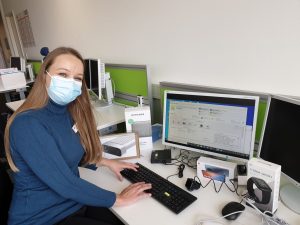
Researchers have been able to visualise each patient’s heart rate, steps, and sleep quality – including the detection of abnormal sleep patterns – using the Fitbit and Withings apps on smartphones, which will soon also be available on the TeNDER-App.
For its part, Asociación Parkinson Madrid (APM) has naturally focused on patients with PD with plans to include caregivers and health professionals. APM is conducting their pilots in the rehabilitation room scenario, involving the use of the Kinect camera and smartwatches. Pending the further relaxation of COVID-19 restrictions in Madrid, APM may be able to test other devices in home environments.
In daily therapy sessions, some patients wear smartwatches and perform routine exercises that the Kinect camera captures and analyses.
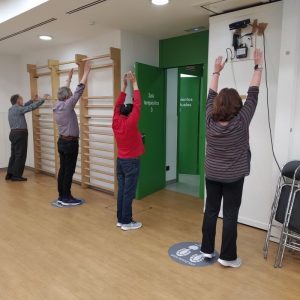
Also in Madrid, the Servicio Madrileño de Salud (SERMAS) has been testing the smartphone application and recording basic vitals. It has been working with different types of patients, caregivers, and primary care physicians and nurses. Uniquely, SERMAS is working closely with engineers at the Polytechnic University of Madrid (UPM) to train the algorithms and optimise our data collection.
In Rome, our partners at the University of Rome – Tor Vergata (UNITOV) are recording basic vitals and testing some of TeNDER’s smartphone-integrated services together with patients with dementia and PD, as well as their caregivers and doctors.
Similar to APM in Madrid, UNITOV is waiting for further easing of COVID-19 restrictions to install and test further devices in home environments. In addition to wearables and smartphones, these devices will also include sleep sensors, mini-PCs, and Kinect cameras.
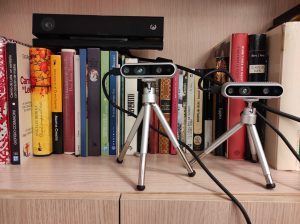
Finally, in Ljubljana, our partners at Spominčica – Alzheimer Slovenija (SPO) have been working with patients with dementia, their family members, and caregivers in their home environments.
Users are testing the smartwatch together with localisation sensors, sleep-analysers, and microphones that can capture general emotional reports in the environment, which are locally processed in the TeNDER system.
SPO is also conducting detailed consultations with professionals and patients, and is integrating their feedback into the system reports. These reports not only feed into the data that trains the algorithms, but they also provide invaluable input that helps us improve the system and its interfaces. User experiences, opinions, and suggestions are key to making TeNDER services person-centered and fit to help address user needs.
Initial reception
Throughout the first wave, patients, caregivers, and health and social care professionals have shown great interest in several services. SKBA reports that the latter group has found the sleep analyser especially helpful, particularly in detecting signs of unknown sleep apnoea.
When using the smartwatch, patients have reported that they are more motivated to stay physically active, proudly referring to the number of steps they are taking every day.
We have also seen the benefits of the work user partners put into meaningfully involving users from the start of the project. SERMAS, for example, has held training sessions with professionals in different primary care centres in Madrid. While SPO held several focus group meetings early on in the pre-piloting phase. These efforts have given us great insight into people’s perceptions regarding assistive technology, as well as user expectations.
The collaboration process, together with TeNDER’s rigorous adherence to data and privacy protection guidelines, has helped build trust amongst current and potential users. Thanks to this, patients who have participated in the projects have expressed general satisfaction and great interest in what comes next as the system is improved and its benefits extended.
At TeNDER we will continue to strive to preserve the sentiment recently expressed by a participant in Madrid: “I am very proud to be able to participate in something that will be the future.”

